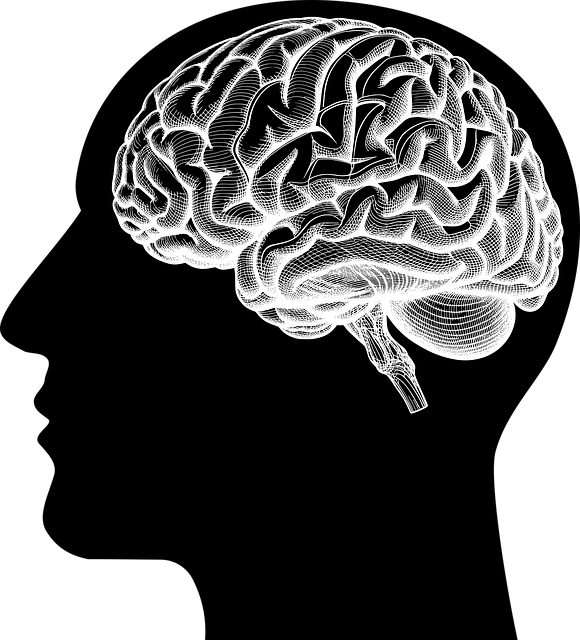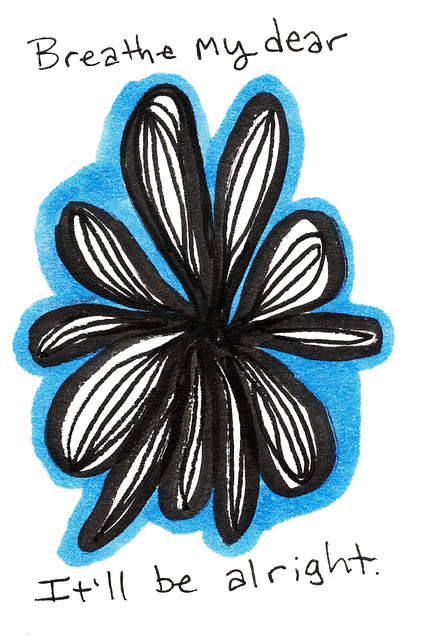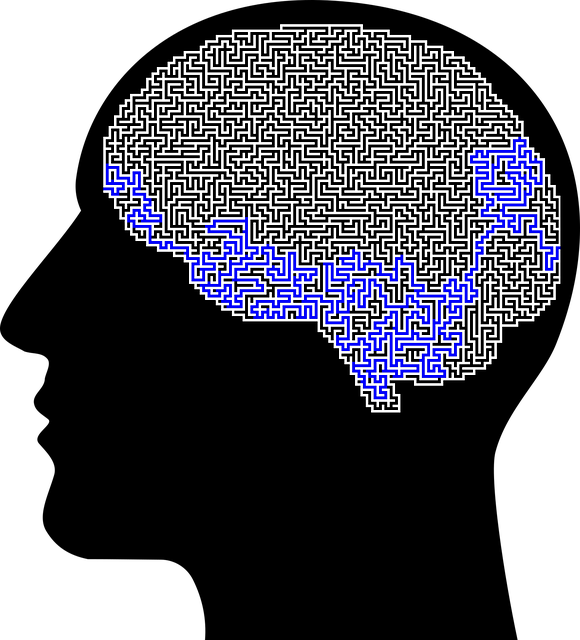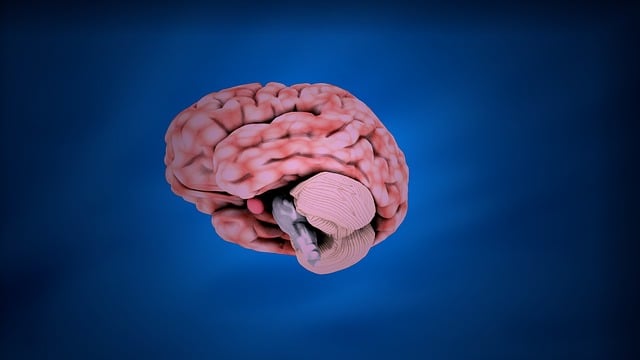Emotion regulation skills are vital for young adults navigating academic demands, career uncertainties, and relationship challenges. Effective stress management techniques, such as mindfulness meditation, deep breathing exercises, and progressive muscle relaxation, offer immediate relief and long-term coping strategies. Therapy for young adults incorporating crisis intervention guidance and mental wellness coaching programs equips them with tools for improved decision-making, stronger relationships, and a more fulfilling life trajectory. By integrating emotional awareness into daily routines through practices like journaling and mindfulness meditation, young adults can enhance their mental wellness and foster resilience to stress, contributing to better overall mental health.
Emotion regulation techniques are essential tools for young adults navigating today’s challenges. This article explores the significance of mastering emotional control and provides practical strategies for effective stress management. From understanding the fundamentals of emotion regulation to incorporating awareness into daily routines, these techniques empower individuals to thrive in a stressful world. Discover how therapy can guide young adults towards healthier coping mechanisms, fostering resilience and overall well-being.
- Understanding Emotion Regulation and its Significance for Young Adults
- Practical Techniques for Effective Stress Management
- Incorporating Emotional Awareness into Daily Routines
Understanding Emotion Regulation and its Significance for Young Adults

Emotion regulation is a vital skill for young adults navigating life’s challenges and transitions. In today’s fast-paced world, managing emotions effectively can prevent stress from becoming overwhelming. Young adults often face unique pressures, such as academic demands, career uncertainty, and relationship dynamics, which can trigger intense feelings. Understanding and regulating these emotions are essential for building resilience and fostering mental wellness.
The significance of emotion regulation techniques in therapy for young adults cannot be overstated. Crisis intervention guidance and mental wellness coaching programs are designed to empower individuals with tools to manage stress and promote self-awareness. By developing confidence boosting strategies, young adults can enhance their ability to cope with emotional challenges, leading to improved overall well-being. These skills are invaluable, as they contribute to better decision-making, stronger relationships, and a more fulfilling life trajectory.
Practical Techniques for Effective Stress Management

In the quest for optimal mental wellness, young adults can greatly benefit from learning practical emotion regulation techniques tailored to stress management. Beyond traditional therapy for young adults, accessible tools such as mindfulness meditation, deep breathing exercises, and progressive muscle relaxation offer immediate relief and long-term coping strategies. These techniques are often discussed in popular Mental Wellness Podcast Series Production, making them easily attainable and adaptable to daily routines. By integrating these practices, individuals can enhance their ability to navigate life’s challenges, reducing stress levels and promoting overall mental health.
The importance of stress management cannot be overstated, especially in the context of Mental Health Policy Analysis and Advocacy. As we grapple with increasing mental health concerns among young adults, equipping them with effective tools becomes paramount. Through education and accessible resources, young adults can take charge of their mental wellness, fostering resilience and well-being that extends far beyond stress management into various aspects of life.
Incorporating Emotional Awareness into Daily Routines

Incorporating emotional awareness into daily routines is a crucial step for young adults seeking effective stress management techniques. Therapy for young adults often emphasizes the importance of recognizing and understanding one’s emotions, as this self-awareness serves as a cornerstone for regulating them healthily. Simple practices such as journaling, where individuals reflect on their feelings, can help in identifying triggers and patterns. Additionally, engaging in mindfulness meditation, a popular technique taught in many Stress Management Workshops Organization, allows one to stay present and observe emotions without judgment, fostering better emotional intelligence.
By integrating these practices into their regular routines, young adults can enhance their mental wellness. Mindfulness meditation, for instance, encourages a sense of calm and composure, enabling individuals to respond rather than react to stressful situations. This proactive approach not only minimizes the impact of stress but also empowers one to navigate life’s challenges with resilience, ultimately contributing to improved overall mental health.
Emotion regulation techniques are invaluable tools for young adults navigating the challenges of modern life. By understanding and managing their emotions effectively, individuals can enhance their overall well-being and resilience. The practical strategies outlined in this article, including stress management techniques and emotional awareness practices, empower young adults to take control of their mental health. Incorporating these techniques into daily routines can lead to improved coping mechanisms and a reduced impact of stress, fostering a healthier and more balanced lifestyle. For those seeking additional support, therapy for young adults can provide further guidance in mastering emotion regulation skills.








